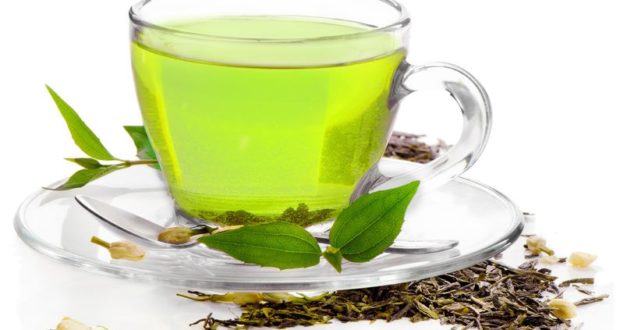While tea is often considered to be more of an English drink, Americans are also fond of this well-known beverage; in 2015 alone, US consumers downed over 3.6 billion gallons of tea. Given it’s popularity, researchers have spent a fair amount of time studying tea’s effects on human health. The potential benefits of some popular types of tea are shown below:
Black tea: Black tea is by far and away the most popular type of tea in the United States, accounting for roughly 85% of all tea consumption. Research indicates that those who frequently drink black tea could be less likely to develop kidney stones, high cholesterol, diabetes and Parkinson’s disease.
Green tea: Green tea takes the runner-up spot in the US tea popularity contest, claiming 14% of tea consumed in 2015. Green tea has drawn much attention for its antioxidant content, particularly an antioxidant known as ECGC. Studies have found that this type of tea could hinder cancerous growths in the lungs, colon, stomach and pancreas. It may also help guard tea drinkers from stroke, Parkinson’s and Alzheimer’s.
Oolong tea: A Chinese import, oolong tea is characterized by its relatively mild taste. It may also prove useful to those worried about bad cholesterol; using antioxidants found in oolong tea, one study was able to suppress bad cholesterol levels in lab animals. Moreover, there is also some evidence that oolong tea works to shield women from ovarian cancer.
Pu-erh tea: Like Oolong tea, pu-erh tea can also trace its roots back to China. This isn’t the only trait pu-erh tea shares with its far eastern counterpart; in one study, pu-erh tea was able to slash bad cholesterol readings among rats. In addition, researchers from Beijing University believe that this beverage could counteract the effects of metabolic syndrome, a group of health problems that can jeopardize the body’s long-term health.
 Natural Knowledge 24/7 Educate yourself with nutrition, health and fitness knowledge.
Natural Knowledge 24/7 Educate yourself with nutrition, health and fitness knowledge.






